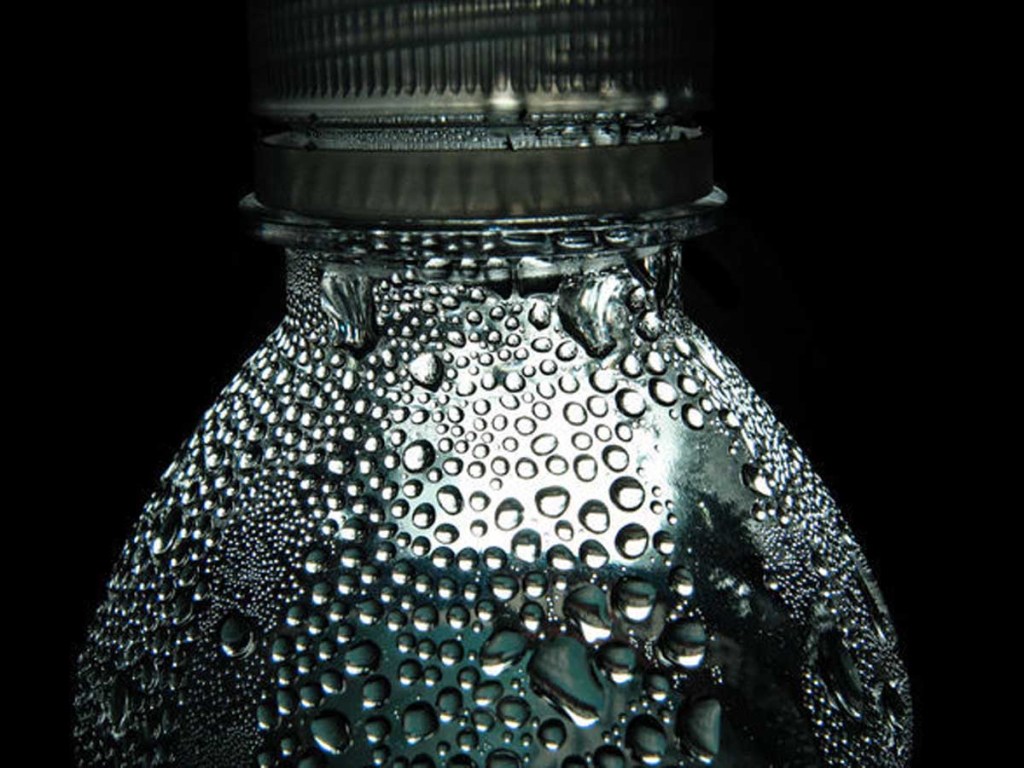Summer heat and spiking temperatures mean hydration is crucial
Published 1:00 pm Saturday, July 15, 2017

- water bottle
CLAREMORE, Okla. — As temperatures across the South and Midwest continue to top out near or above the century mark, now more than ever, Americans need to take precautions to ensure they remain properly hydrated.
“Water is one of the most essential components of the human body — it regulates the body’s temperature, cushions and protects vital organs, and aids the digestive system,” Renetta Harrison, health educator with the Rogers County, Oklahoma, Health Department, said. “Water not only composes 75 percent of all muscle tissue and about ten percent of fatty tissue, it also acts within each cell to transport nutrients and dispel waste.
“And, because water composes more than half of the human body, it is impossible to sustain life for more than a week without it,” she said. “With us experiencing such severe heat — especially the past few weeks — it’s critical for anyone who has to spend any time at all outside and who is going to be losing fluids (through perspiration) to be sure to replenish them.
This summer, temperature readings in the southern united states and Midwest have continued to trend warmer than average with states like Georgia, Mississippi, Texas, Oklahoma and Missouri seeing temperatures well into the nineties, according to the Weather Channel. In this sort of heat, experts maintain that water consumption should be a consistent daily focus.
“Necessary to the healthy function of all internal organs, water must be consumed to replace the amount lost each day during basic activities,” Harrison said.
According to the Food and Nutrition Board (FNB), dietary recommendations for daily water intake is 2.7 liters (91 oz) daily for women, and 3.7 liters (125 oz) for men through various beverages (80 percent) or in food (20 percent).
Active individuals need even more, particularly if they’re exercising in hot weather, which is especially important during the 24 hours prior to vigorous exercise, Harrison said.
“You can meet your body’s water needs over the course of a day through a variety of fluids and foods including juices, soda, smoothies, tea, lemonade, soups, fruits and vegetables,” she said. “In one hour of exercise, the body can lose more than a quart of water, depending on exercise intensity and air temperature. If there is not enough water for the body to cool itself through perspiration, the body enters a state of dehydration.”
Dehydration — the process of water or fluid loss to the human body, and is often accompanied by a loss of electrolytes — leads to muscle fatigue and loss of coordination
“In a dehydrated state the body is unable to cool itself efficiently, leading to heat exhaustion and possibly heat stroke,” she said. “Without an adequate supply of water the body will lack energy and muscles may develop cramps. To prevent this, exercisers must drink before, during and after the workout, and anyone who’s going to be outside where they’re inclined to perspire should always be sure to keep themselves adequately hydrated.”
Harrison noted that it’s important to drink before signs of thirst appear, as thirst is a signal to the body that it’s already on its way towards being dehydrated.
“It’s important to drink more than thirst demands, and to continue to drink throughout the day,” she said. “One way to check your hydration level is to monitor your urine — it should be plentiful and pale yellow unless you are taking supplements, which will darken the color for several hours after consumption.”
During exercise or when sweating excessively due to heat or other conditions, Harrison said that water is the best fluid replenisher for most individuals, although sports drinks help replace lost electrolytes during high intensity exercise exceeding 45-60 minutes.
Harrison further noted that alcohol consumption can interfere with muscle recovery from exercise and fluid loss, and negatively affect a variety of performance variables.
So, whether you’re exercising, working outside or simply out in the heat and perspiring, staying adequately hydrated remains an important part of your daily routine.
Fink writes for the Claremore, Oklahoma Progress.


